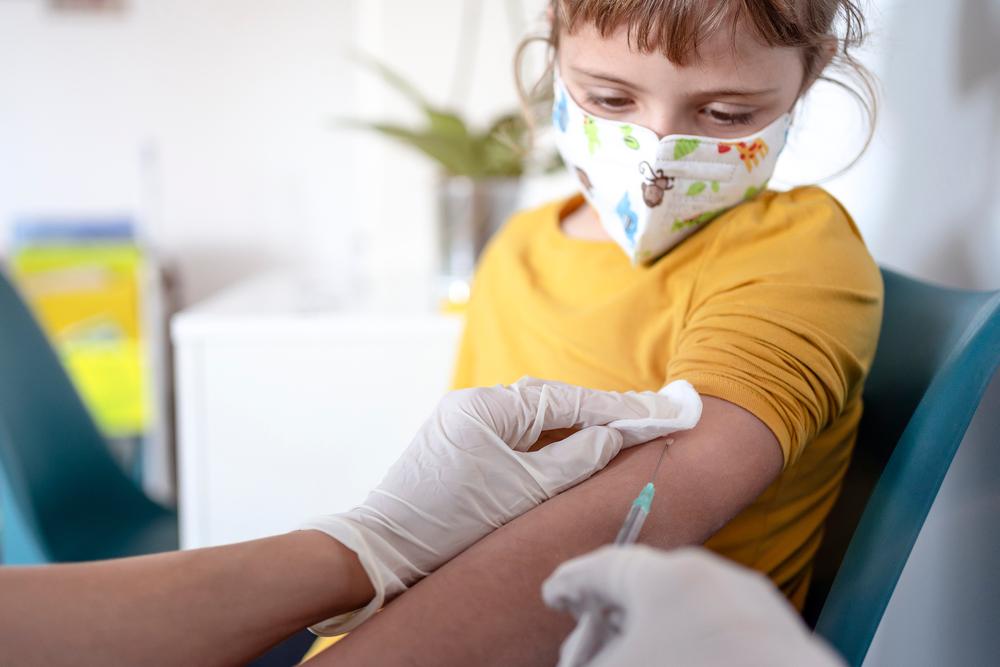The director of the U.S. Centers for Disease Control and Prevention (CDC) on Thursday endorsed an advisory panel’s decision to expand the eligibility of Pfizer booster shots to children aged 5 to 11.
CDC Director Rochelle Walensky made the call after a meeting of the Advisory Committee on Immunization Practices voted to advise the CDC to recommend the booster. Walensky said children in this age group were otherwise at risk of severe disease.





